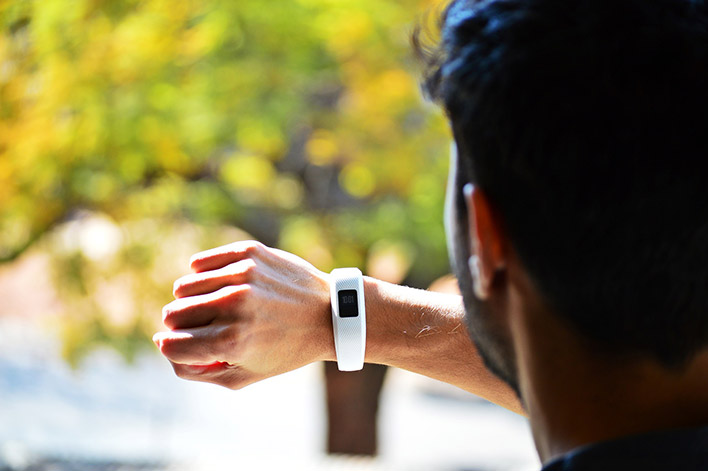Google Is Recruiting Android Users To Study The Impact Of Smartphones On Mental Health
Dr. Nicholas Allen, professor of psychology and the director of the Center for Digital Mental Health at the University of Oregon, is the lead researcher for this particular study through Google Health Studies. Potential participants are asked to download the Google Health Studies app and sign-up for the study by Friday, May 27th. The study will take a total of four weeks. It is open to adults in the United States who own an Android device and are able to “complete daily activities without assistance.” Participants will be able to add Fitbit information as well, if they so choose.
According to Google Health Studies, “your device receives different queries, computes and summarizes the results based on your individual study data, and encrypts these results for subsequent aggregation with federated analytics.” These encrypted summaries are combined together and neither Google nor study partners receive personal, individual information about participants. Google also promises that the data from this study will never be sold or used in advertisements.

Dr. Allen also stated that existing studies “typically have small or unrepresentative samples.” Google Health Studies noted that less than 10% of Americans have participated in clinical research and the overwhelming majority of participants are white. Allen is hopeful that the format of this new study will “incorporate data from people historically underrepresented in health research.”
We certainly need more information about the connection between devices and our health. One 2012 study determined that smartphones may negatively impact sleep cycles, but others have stated that easy access to health information is overall better for our health. Allen and Google Health Studies hope that this particular study can “help us all build a future where digital products may support us in living healthier, happier lives.”
Top image courtesy of Google


